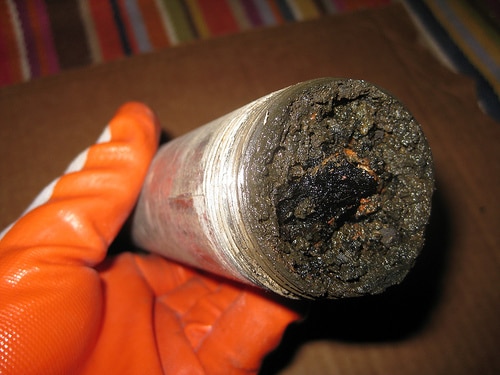This article will cover Government housing grease trap clogging. Anything new eventually ages. It gets worn out or deteriorated by time and the elements. It could also be affected by the manner of usage. There are so many factors to watch out for when it comes to properties that man utilizes. One of the main things that man gets to maximize is his home. If it is an ordinary house with a single family, the physical components of the house don’t deteriorate or get too used up very quickly. But what would happen to an important part of a home that houses several families? Surely that appliance or section of the house would give out in just a few months or years especially if proper maintenance is not performed.
Government housing projects are like houses built for several families to live in at a time. The most common type used these days is the apartment style government housing. One of the most worn out components of government housing is the wastewater treatment facility. It is a vital and ever-functioning player that keeps the untreated wastewater isolated from the residential and commercial areas. But because of the increasing number of residents, the government agencies assigned to manage the government housing projects are having difficulties doing so. Maintaining the good condition of the wastewater treatment facility includes monitoring the FOG (fats, oils, grease) levels.
Government housing facilities have bathrooms and kitchens. The kitchens of government housing projects are the ones that produce the highest amounts of FOG. The federal government saw it fit to mandate the agencies to have grease traps installed within their project’s premises. Several families are accommodated by these government housing projects. Meals are always made at random times in a day. This is why the grease traps get filled very quickly. Maintenance and inspection have to be regularly performed so that the FOG levels are kept very low. Pump outs should be done at least four times annually but to avoid lawsuits and fines, agencies have their grease traps pumped out more often.
Government housing grease trap clogging happens when the grease trap is neglected. The grease trap gets filled with FOG. The FOG spills into the untreated wastewater. As the FOG rides inside the pipelines, it cools and sticks to the inner pipe walls like a hard adhesive. Eventually, the FOG blocks the flow of wastewater towards the wastewater treatment facility. Untreated effluent backs up into the government housing premises and the surrounding environment. Health, sanitation, and environmental issues arise when this happens. It becomes a huge problem for the government agency when large fines and lawsuits are presented to them. They lose a lot of funds when they deal with such circumstances.
Preventing government housing grease trap clogging can be done if the residents and the management cooperate with one another. The residents could have their drains fitted with fine food meshes or strainers so that the food and grease bits could be fully separated from the grey water that enters the grease trap. They could also manually collect the grease and solid wastes in a sealable receptacle that they could dispose of properly. The use of efficient additives in cleaning up the grease traps is also an important means to stop government housing grease trap clogging. Chemicals and enzymes tend to be used because of the exaggerated promises of their manufacturers. They tell the consumers that they completely eliminate the FOG and that there will be no need to pump out the traps anymore. These compounds should not be encouraged anymore because they just emulsify the FOG.
Bacteria are the best cleaners for government housing grease traps. They voraciously eat and digest the FOG and solid wastes in the trap, leaving it odor-free. They do not pollute the environment because they don’t have any chemical discharges. Using bacteria in preventing government housing grease trap clogging is a very practical thing to do especially with today’s economy. When bacteria make their move, the government agencies could save a lot in cleaning expenses as well.
